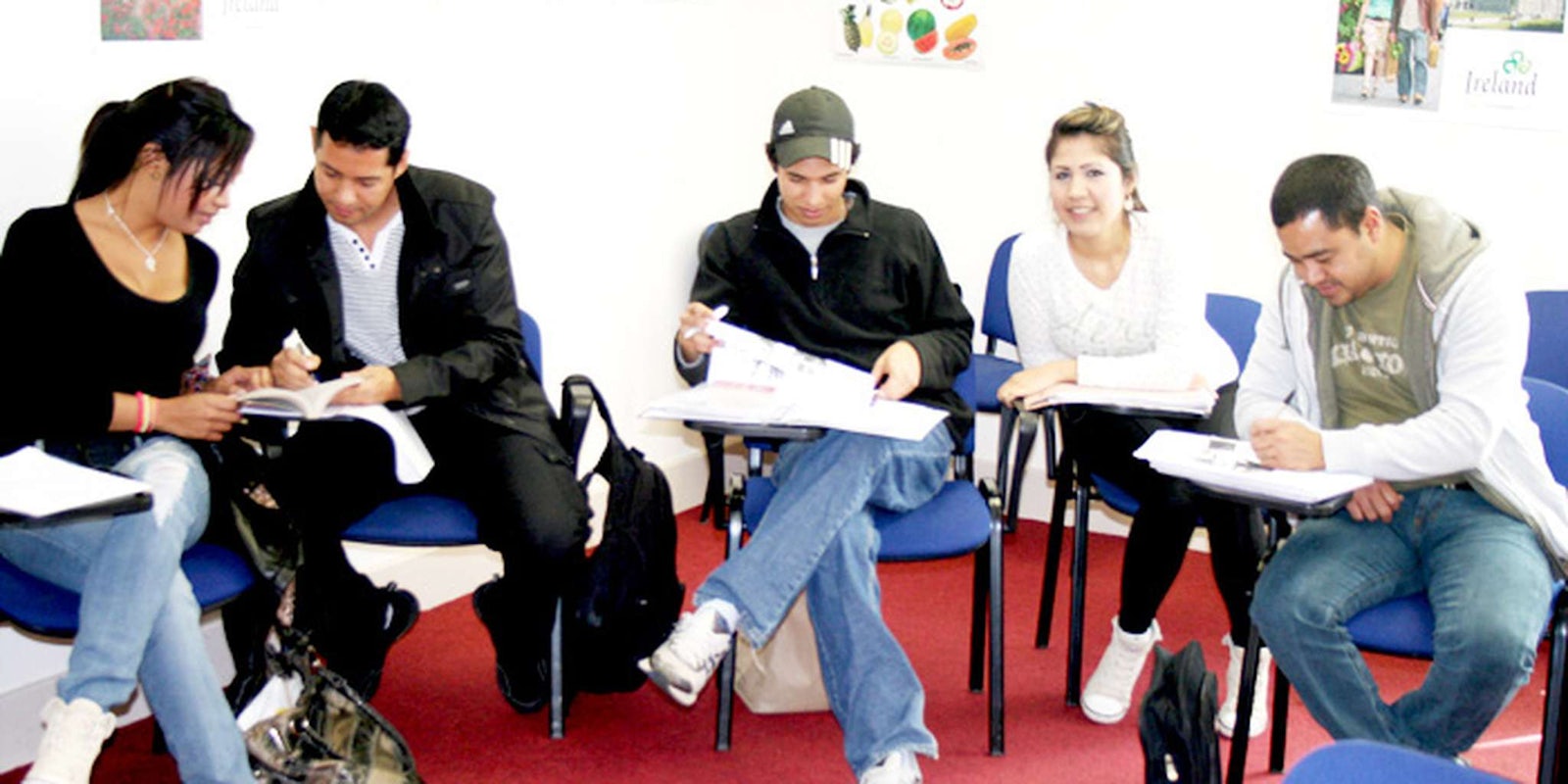What’s the matter with kids today? America’s future once looked hopeful, with our best and brightest heading off to the world’s greatest institutions of higher learning, heads overflowing with revolutionary ideas, hearts bursting with ambition.
However, something terrible has happened to our nation’s college students: They forgot how to party.
According to the most recent edition of an annual study of college freshmen released by the Cooperative Institutional Research Program at UCLA’s Higher Education Research Institute, today’s future leaders of tomorrow are unhappier and more isolated than they’ve ever been before. But they love to Internet pretty much nonstop.
The long-running survey was administered to 153,015 college freshmen at 227 four-year colleges and universities. It found that the amount of time college freshmen spend socializing with peers has dropped to the lowest level in the nearly three decades researchers have been asking the question. Only 18 percent of the freshmen in the study said the spent 16 hours per week or more socializing with friends.
What are they doing instead? Going online.
The number of students who said they spent less than one hour per week online is at 21 percent, a 10-point drop since 2007. The number saying they spend more than six hours per week online has jumped a similar distance over that same period of time.
Rates of alcohol and tobacco use are way down too. In 1981, around three-quarters of students said they regularly drink beer. Now, that number is down to one-third. Tobacco use is also down to a minuscule 2 percent.
For many students, spending relatively little time hanging out with friends is nothing new. Only 18 percent of respondents said they spent 16 hours a week during their senior year of high school socializing with friends. In 1987, that number was at 37 percent. Nearly 40 percent of today’s freshmen spent fewer than five hours per week with friends while in high school, an all-time high for the survey.
It’s not just chilling with a few buds that high school seniors are missing out on. Between 1987 and 2014, the number of students who said they partied less than one hour per week increased from 24 to 61 percent. The number of students who partied a lot in high school, at least six hours per week, has dropped precipitously from 34 percent all the way down to 8.
While college freshman are getting less actual face-to-face interaction with other human beings, they seem to be somewhat conflicted about it. From 1982 to the present day, the number of students who said a college’s reputation for having IRL social activities was “very important” in picking schools nearly doubled. “This may indicate that students are increasingly looking to institutions to provide social opportunities given their declining experience with less structured forms of socializing,” the study’s authors hypothesized.
Last year’s freshman class was also the unhappiest ever measured. Each year, researchers ask students to rate their emotional health in relation to other people their age. The average rating was the lowest the annual survey has ever recorded. In addition, the number of students who said they frequently felt depressed jumped to 9.5 percent—a more than 3 percent increase from 2009.
The study’s lead author, UCLA Professor Kevin Eagan, told Bloomberg Business that students’ disinclination toward partying and increasing levels of unhappiness may be linked. “It seems students are neglecting their social lives in lieu of focusing on their academic lives, perhaps in part because of the messages they’ve been sent for a number of years—for some, since elementary school—about the importance of getting into a good college,” Egan noted. “Not having a social outlet may be contributing to increased levels of anxiety, and increased feelings of being overwhelmed.”
While the students surveyed don’t party as hard as their predecessors, they are decidedly more ambitious. More than three-quarters hope to obtain graduate degrees at some point, up 25 percent from four decades ago. Not only that, female students were significantly more likely to say they wanted to get a doctorate or professional degree than their male counterparts.
Well, maybe there is some hope for the future after all.
H/T Bloomberg Business | Photo by Jefferson Liffey/Wikimedia Commons (CC BY-SA 3.0)


